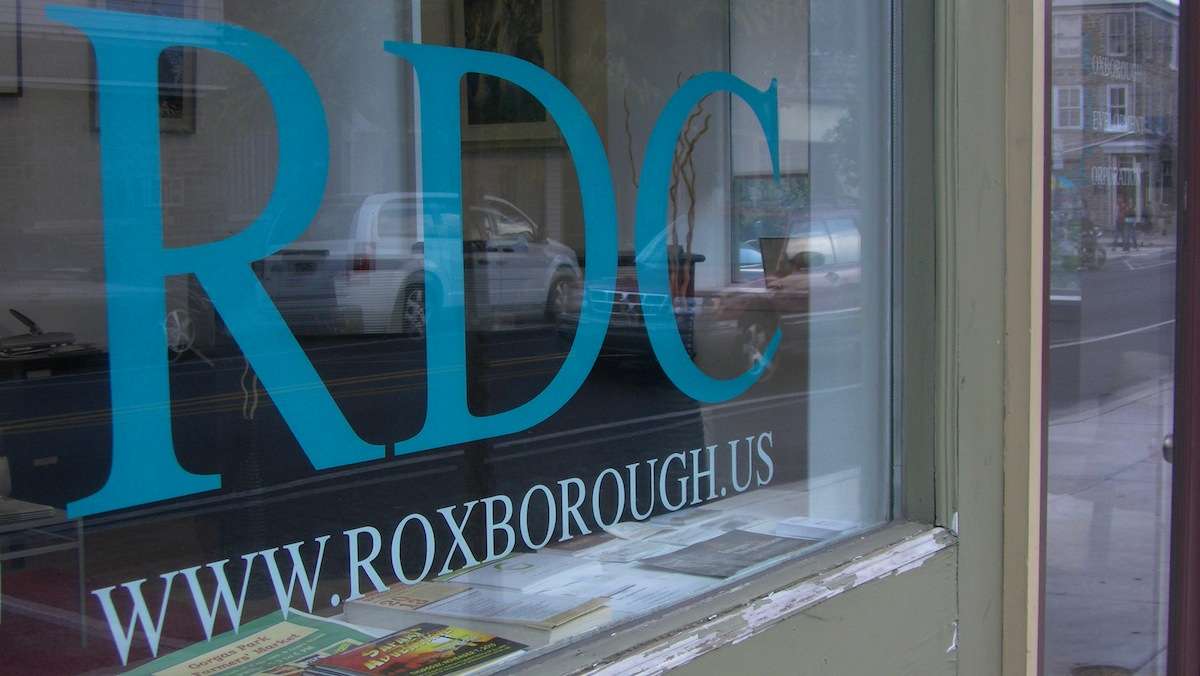With Obamacare’s glitches, ‘Medicare for all’ sounds better and better
I am of mixed minds about my Obamacare cartoon, drawn out of frustration with the glitchy, problem-plagued roll-out of the health care exchanges long promised to save taxpayers money and provide millions with the opportunity to acquire health care.
It’s not that I don’t think my cartoon is accurate – I do. But a political cartoon can be a sledgehammer at times, and not present the nuance of a particular situation. There’s also the fear that it will be lumped into the right-wing echo chamber where everything about Obamacare is bad, evil and designed to destroy America (I wish I were joking).
This may surprise many of my conservative followers, but I’m not the biggest fan of Obamacare. Yes, it’s a step up from the terrible system we had before, where people with pre-existing conditions were left to rot and go bankrupt in the shadows. And it has very positive aspects that will help millions of peoples’ lives – allowance of preexisting conditions, maternity coverage, free preventative coverage, coverage for kids up to 26, insurance payout limits, etc.
However, Obamacare has one giant flaw that I haven’t been able to fully support – forcing millions of people to pay into a for-profit health care system that is costly, inefficient and simply unsustainable. Unfortunately, it’s that very mandate that enables the whole system to work, and adds the element of responsibility that many Republicans, who hate it now, actually supported back in the 1990s.
The U.S. is the only industrialized country in the world not to have some form of universal healthcare for all its citizens, generally because conservatives view it as a form of socialism or redistribution of wealth (as if basic insurance, where one person pays another’s bills, isn’t). But ironically, we have a universal health care system in the country already that’s not only hugely popular, it could be adapted to accommodate every single citizen in our country – Medicare.
Every major study suggests that moving to a single-payer “Medicare for all” plan would save Americans billions of dollars by making our health care system more efficient, while rooting out cost drivers that don’t contribute to health outcomes. After all, for every dollar other industrialized countries spend for universal health care, we spend $2.64 for our terrible system which still leaves 50 million people uninsured.
In fact, according to Pulitzer Prize-winner David Clay Johnston, if we had France’s system, which like the U.S. relies on both private and government insurance, not only would every American have health insurance as a right, it would save us so much money we could eliminate the federal personal income tax entirely and still come out even. Isn’t that something every Republican should be able to get behind?
Another major benefit of a “Medicare for all” system is that it would enable American businesses to completely divest themselves from providing health care to their employees, which in some cases is their second or third highest cost. Not only would this enable them to compete better globally against businesses in other countries that already have universal health care, it would enable entrepreneurs who keep their 9-5 jobs solely for the health care to break off and invest in new endeavors, bringing ingenuity back to our business world.
A pro-business argument for universal health care? Why haven’t I heard a single Democrat ever make this argument?
Unfortunately, Democrats are weak and afraid of being labeled as socialists, which is why Obama was quick to get rid of the public option from his Obamacare plan, the single best mechanism he had proposed to control costs.
One day, Democrats will develop a spine and Republicans will realize that universal health care is the business-friendly, deficit-reducing health care system they wanted all along. Either that, or I’m moving to France.
—–
Rob Tornoe is a cartoonist and a WHYY contributor. Check out more of his work at RobTornoe.com, and follow him on Twitter @RobTornoe.
WHYY is your source for fact-based, in-depth journalism and information. As a nonprofit organization, we rely on financial support from readers like you. Please give today.









